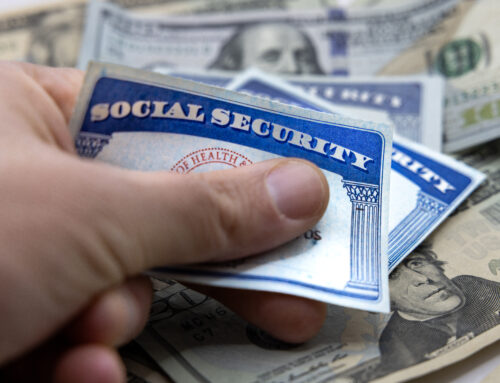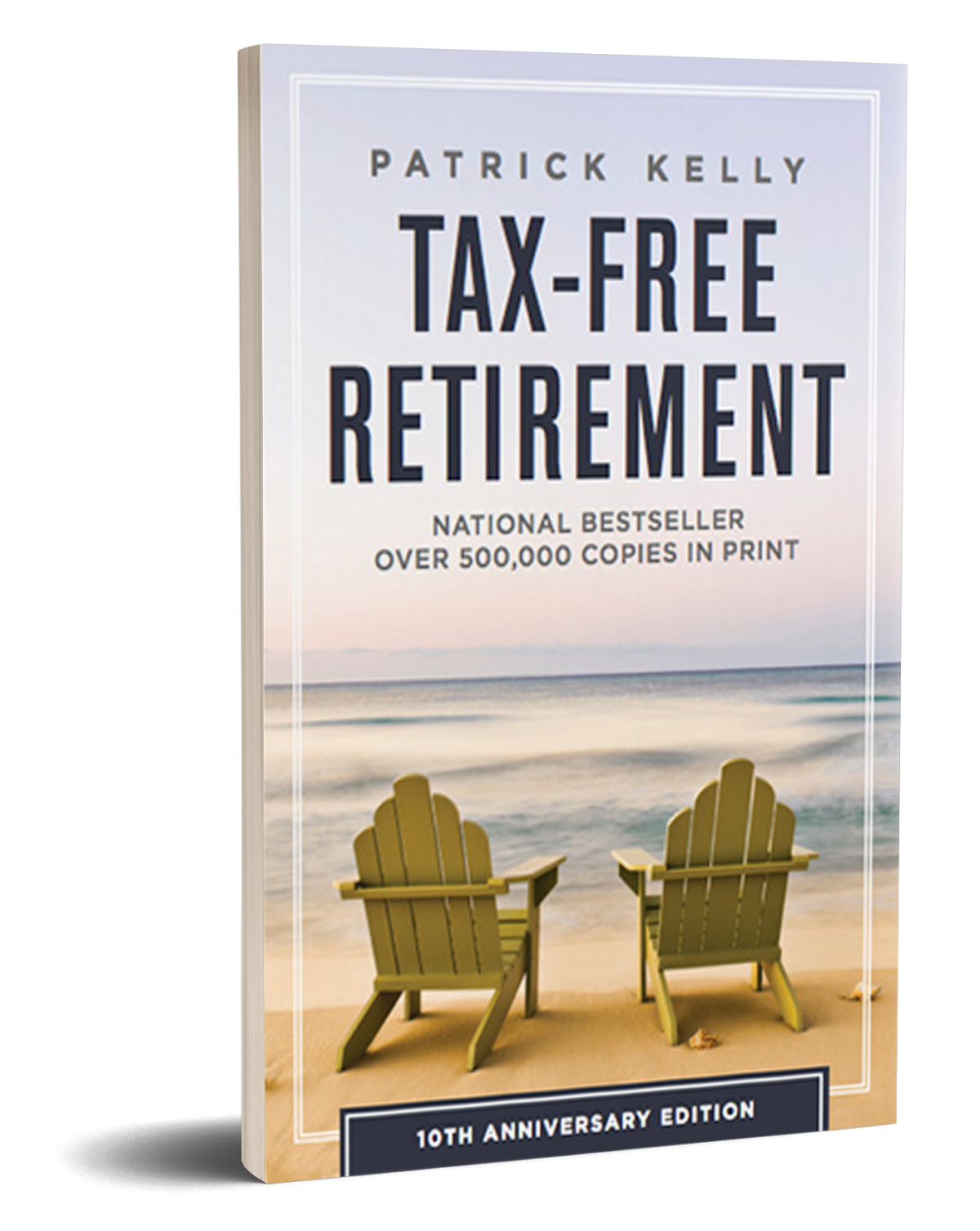The special earnings limit rule is an exception to Social Security’s standard earnings test. Normally, if you’re receiving retirement or survivor benefits and haven’t yet reached your Full Retirement Age (FRA), there’s a cap on how much you can earn before your benefits are reduced.
2025 Earnings Limits
- Under FRA for the whole year: $23,400
- Reaching FRA during the year: $59,520 (applies only to earnings before the month you reach FRA)
If you earn more than these thresholds, Social Security may withhold some of your benefits. However, the special earnings limit rule can help if you retire mid-year.
How the Exception Works
Because the earnings limit applies to your full annual income, it can be unfair to people who retire partway through the year and already earned above the limit before claiming benefits. That’s where the monthly earnings test comes in.
Once you start claiming benefits, Social Security looks at your monthly income to determine whether you’re considered “retired” for benefit purposes. If your income in a given month is below a certain threshold—and you’re not doing substantial work—you’ll receive your full benefit for that month, even if your total yearly earnings exceed the annual limit.
Special Considerations for the Self-Employed
If you’re self-employed and under FRA, the rules are a bit stricter. Social Security evaluates both your income and your work activity.
In 2025, to be considered “retired” under the monthly test:
- Your monthly income must be $1,950 or less
- You must not perform substantial services, defined as:
- Working more than 45 hours per month, or
- Working 15–45 hours per month in a highly skilled occupation
Example: How the Rule Applies
John Smith, age 62, retires from his full-time job on June 30, 2025, after earning $37,000 for the year so far.
- On October 5, John starts a small business.
- He works at least 15 hours per week and earns another $3,000 by year-end.
- His total 2025 earnings: $40,000, well above the $23,400 limit.
Despite this, John will receive full Social Security benefits for July, August, and September because:
- He was not self-employed during those months
- His monthly earnings were under the $1,950 threshold
However, he won’t receive benefits for October, November, or December, since he was self-employed and worked more than 45 hours per month.
Starting in 2026, the standard annual earnings limit will apply to John’s benefits, regardless of when he works during the year.

















